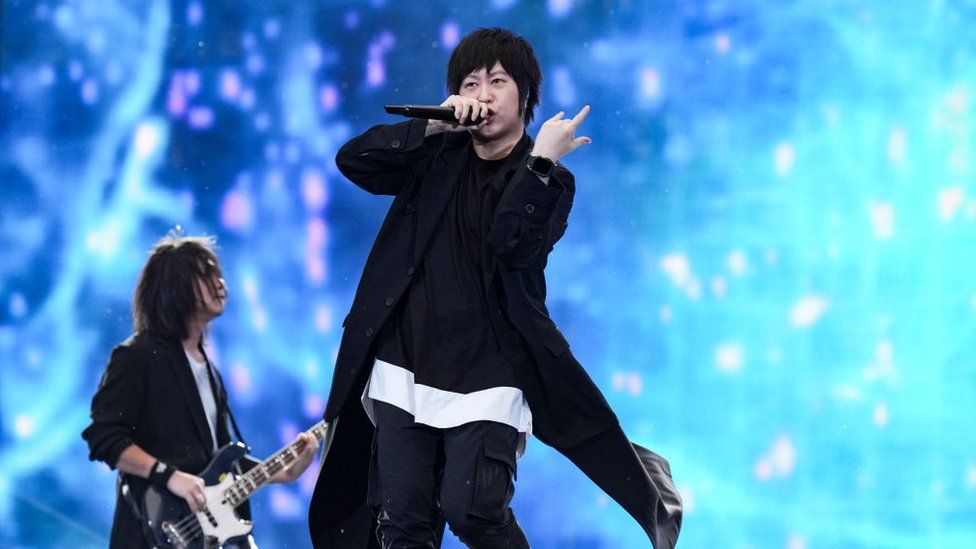-

-
-
Loading

Loading

China has refuted claims that its investigation into a Taiwanese rock band's alleged lip syncing is politically motivated. Reports had suggested that Beijing pressured Mayday to make pro-China statements, and when the band refused, an inquiry was launched to put pressure on them. China's Taiwan Affairs Office dismissed the reports as "fake news" and a "complete fabrication." Taiwan has stated that it is investigating the allegations. Mayday, known for their positive rock music, is one of the most successful Taiwanese acts in mainland China. China's National Radio and Television Administration reportedly asked Mayday to publicly declare support for the stance that self-ruled Taiwan is part of China. Taiwan views itself as separate from China, with its own constitution and elected leaders. The reports indicated that Beijing sought to influence voters, especially youth, ahead of Taiwan's presidential and legislative elections. When Mayday declined to comply with the requests, Chinese authorities allegedly worked with state media to ignite discussions about the band's alleged lip syncing and threatened them with penalties. While lip syncing is usually not enforced, it is prohibited in China and can lead to fines and show bans. Taiwan's Mainland Affairs Council is investigating the allegations, stating that if they are true, they would contribute to negative views of the Chinese regime among Taiwanese youth. Political parties in Taiwan, including the ruling Democratic Progressive Party and opposition party Kuomintang, have criticized China for alleged political interference. China's Taiwan Affairs Office condemned the accusations as a deliberate attempt by Taiwanese authorities to spread rumors. The investigation against Mayday was made public in December, with the band and its label denying the lip syncing accusation but cooperating with Chinese authorities. China has been intensifying military and political pressure ahead of Taiwan's crucial presidential race, such as by increasing military flights close to the island.